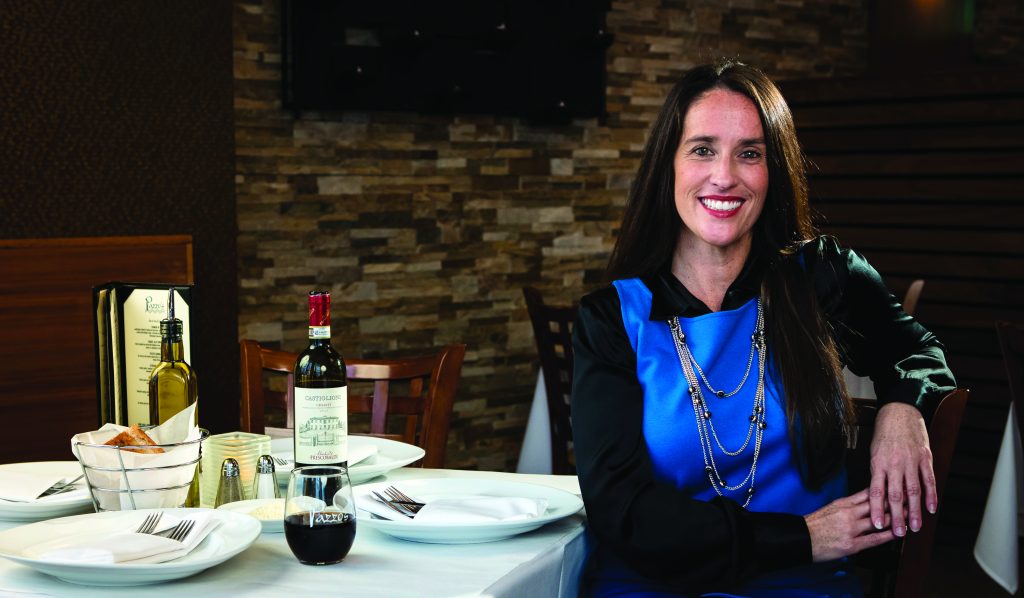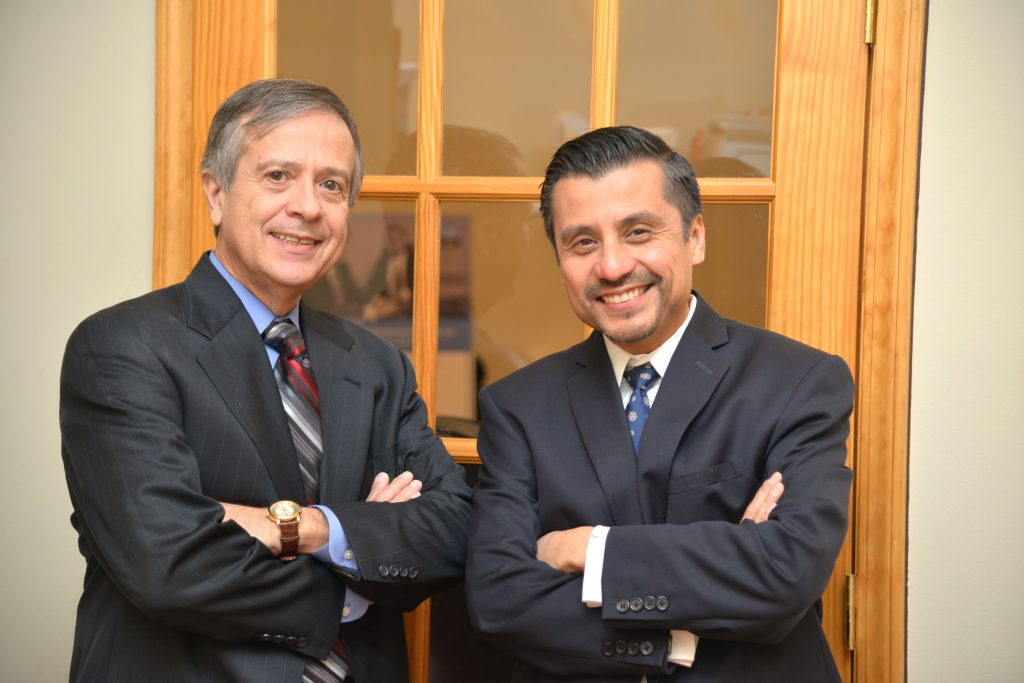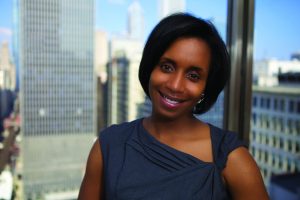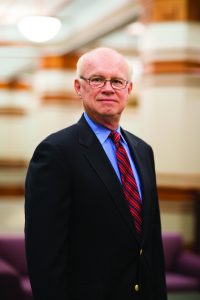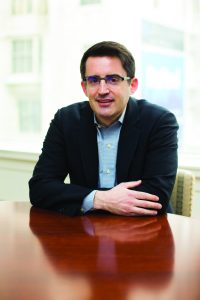Misty Johanson is driven and passionate in what she does, and this is reflected in the growth and innovation of the school she directs as well as her research. “I’m incredibly passionate about every aspect of our industry. I start each day motivated by the desire to make the industry the best it can be by focusing on the development of our future leaders.”
As associate dean of the Driehaus College of Business and director of the School of Hospitality Leadership, Professor Johanson faces multiple demands on her time, yet welcomes her duties with irrepressible optimism. “It’s a spirit, an energy—it’s who I am and what I’m driven by,” she explains happily.
Johanson is generous with her knowledge and publishes extensively, ranking among the most prolific authors of academic articles about the hospitality field. She was recently appointed executive editor of her field’s top journal, the Journal of Hospitality and Tourism Research.
As a researcher, Johanson focuses primary on hospitality human resource management, encompassing recruitment and training, workplace turnover and employee motivation. “Managing people,” she says, “and the guest/employee interaction is at the foundation of service excellence—it all starts with the people.” She has shared many of her findings as a co-author of “Managing Hospitality Human Resources,” the number one human resource textbook in the field.
Johanson is equally committed to keeping students up-to-date. As a top researcher in her field and as an advisor and consultant to such industry giants as Starwood, Marriott, Hilton and Disney, she often shares cutting-edge research and current industry trends and challenges with her students.
“I’m bringing research to my students before it’s even published, and they’re all ears. They want to make a difference in the field by determining the value-add for the consumer, and these real-life case studies make their learning experience that much stronger.”
A recipient of the Illinois Hotel & Lodging Association’s 2016 Ambassador of Hospitality Award, Johanson readily admits that her goal is to make DePaul the university of choice for the industry in Chicago. The hospitality school has attracted an advisory board of prominent industry leaders to ensure that the program’s curriculum has a real-world focus.
“Recently, the school was rated as the ‘most recognized program in the state of Illinois’—a huge achievement for a program just over five years old,” she says. “Our program is built on a solid foundation of hospitality industry knowledge and key business skills. It’s a perfect marriage of industry, students and the university, and it’s a beautiful thing.”
